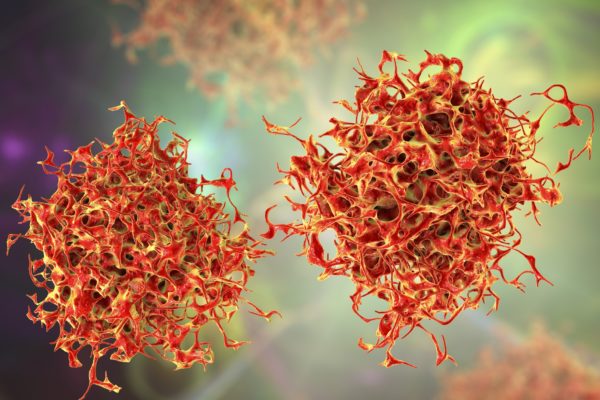
Recent findings in the journal Blood suggest that women treated with anticoagulants for venous thromboembolism have an increased risk of abnormal uterine bleeding (AUB).
Clinical data and preliminary findings suggest that the risk of AUB is higher in women of reproductive age who are treated with anticoagulants for venous thromboembolism (VTE). However, no study has addressed these observations in a systematic way.
The international, multicentre, prospective, TEAM-VTE study enrolled 98 women (aged 18-50 years) were diagnosed with acute VTE. Loss of blood during the menstrual cycle was measured at baseline for the last menstrual cycle before diagnosis and prospectively for each cycle for the next three to six months. Pictorial Blood Loss Assessment Charts (PBAC) were used for this purpose. AUB was set as an elevated PBAC score (greater than 100 or 150) or self-reported AUB. Additionally, AUB-related quality of life (QOL) was assessed using the Menstrual Bleeding Questionnaire (MBQ). Unfortunately, the study had to be terminated due to the pandemic.
Among all the participants, 66% (n=65) of women met at least one of the three criteria of AUB during follow-up (95% confidence interval (CI) 57-75%). Further, AUB was observed in 60% of women after VTE diagnosis (‘new-onset AUB; 95%CI 47-71%). Finally, an overall decrease in QoL was seen in women with new-onset AUB (mean MBQ increase of 5.1 points).
These findings indicate that two out of three women experience AUB after VTE diagnosis which negatively impacts QoL. New treatment strategies are needed to address these concerns in the VTE settings.
Reference